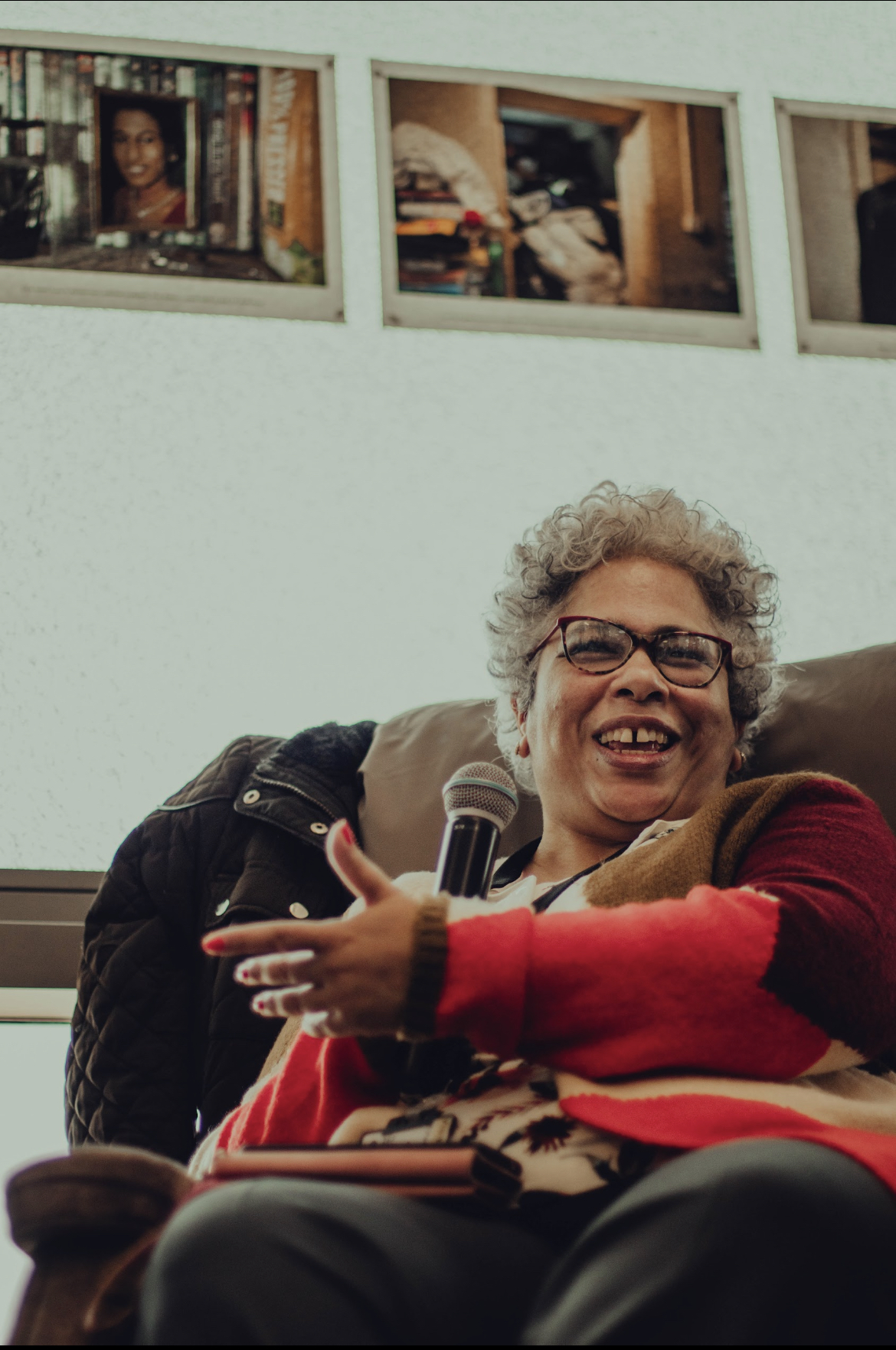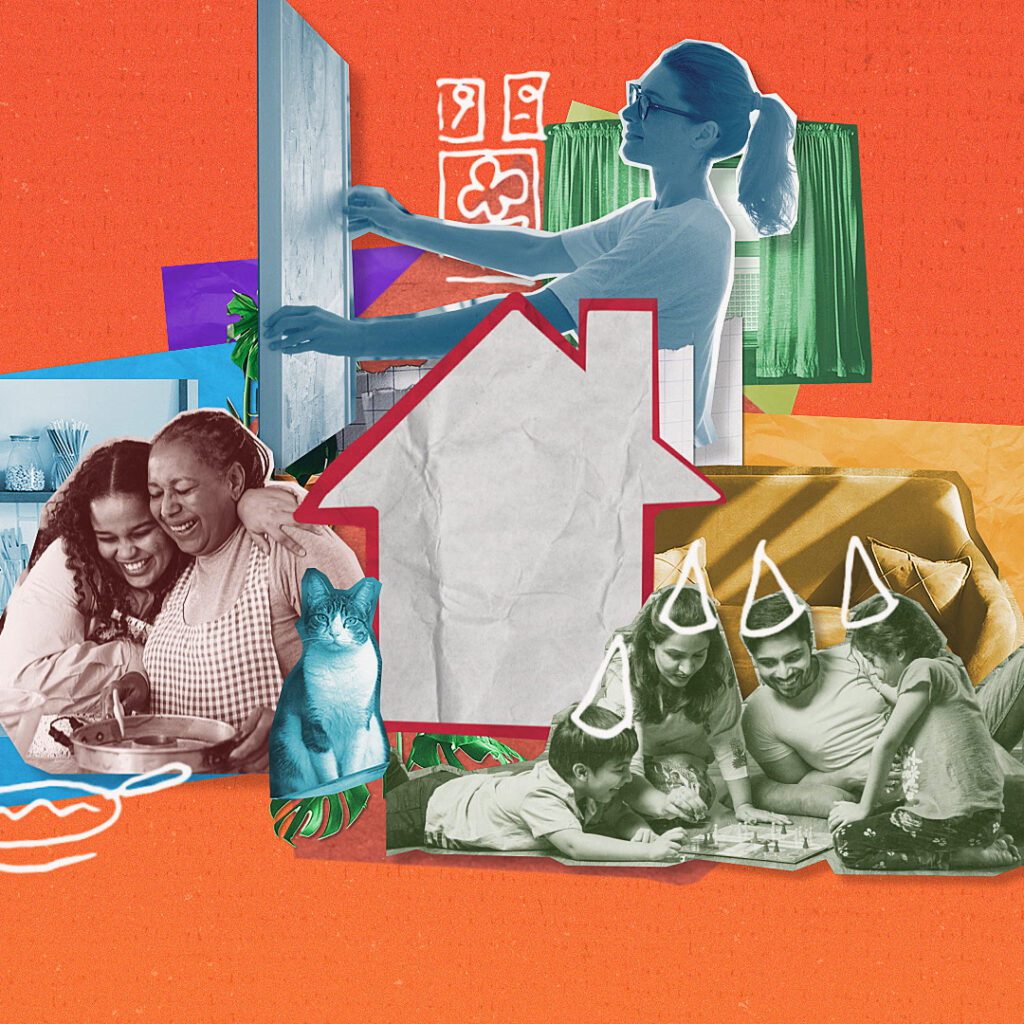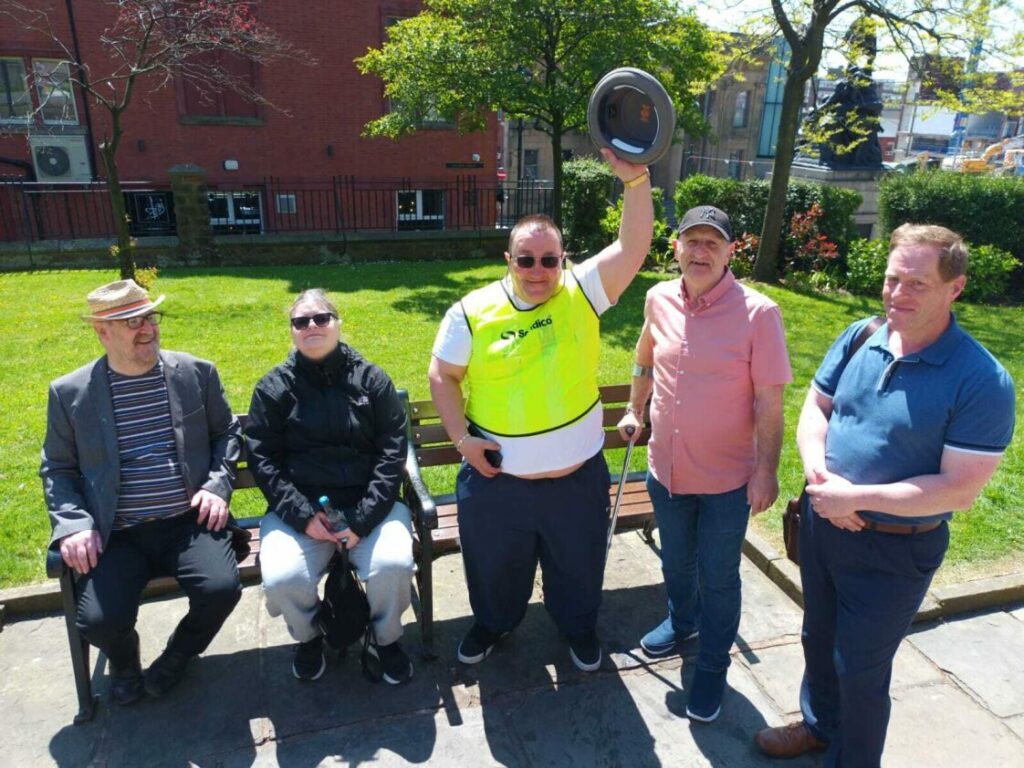Family and Group Conferencing (FGC) is growing as an approach in adult social care and mental health services. It offers an inclusive process in which people can plan for their support and/or recovery on their own terms – alongside family, friends and other people that matter to them.
Currently used more widely in children and family services, Family and Group Conferencing offers a radically different way of making plans – one that puts the person and people that matter to them at the centre of the process. Building on the experience of some pioneering services, there is growing interest in developing its use in adult social care and mental health.
Community Catalysts are hosting the website for Family and Group Conferencing for adults research and practice network, a 3 year project funded by NIHR. The full title of the project is Family Group Conferencing in adult social care and mental health: exploring how it works and what difference it can make in people’s lives. The project is led by Professor Jerry Tew at the University of Birmingham, working with local authorities.
Watch Michaela’s story, giving her personal account of the experience.



